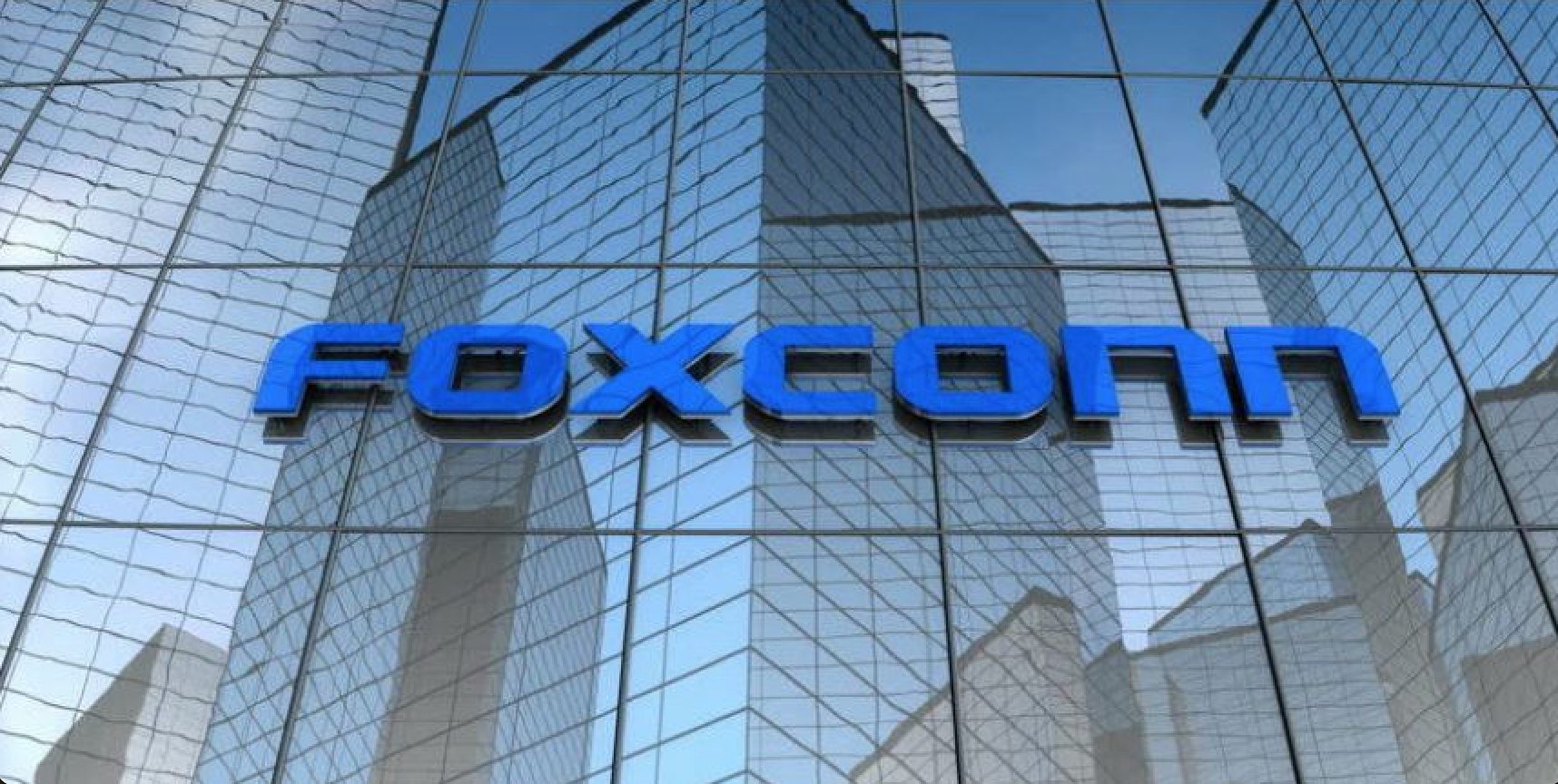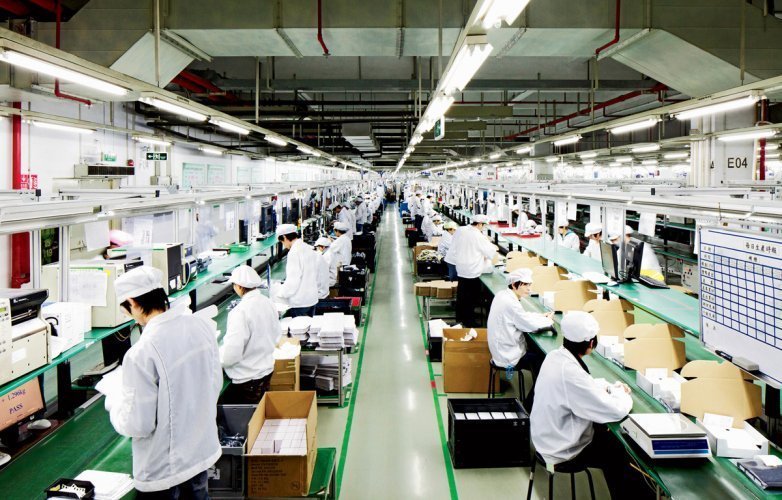Apple is expected to unveil the new iPhone 14 series in September, its usual launch time. And its biggest iPhone assembler, Foxconn has begun a hiring spree at the world’s largest iPhone factory in Zhengzhou, China.
To attract workers in a shrinking labor pool, Foxconn is offering up to $1,345 cash rewards or bonuses to new workers if they stay on for four months after enrollment. The manufacturer has resumed its large-scale recruitment drive for the production of the iPhone 14 series after it was suspended in May because of a seven-day COVID-19 lockdown in Zhengzhou.

Foxconn bumps up bonuses for new and returning workers, ahead of iPhone 14 production
Last month, it was reported that Apple had asked Foxconn to begin its hiring campaign for trainees and workers earlier than usual for iPhone 14 production ahead of schedule to avert COVID-19-related delays.
South China Morning Post writes that the manufacturer has not only set cash rewards for new workers but also for returning workers, according to its latest recruitment notice.
Foxconn, the world’s biggest electronics contract manufacturer, has started hiring new trainees and assembly line workers, raising the bonus each person gets to 9,000 yuan (US$1,345) when they stay on the job for more than four months upon enrolment.
The Taiwanese company, formally known as Hon Hai Precision Industry, has also accelerated signing up returning Zhengzhou employees, offering them the same salary for positions they held before leaving the firm as well as a 9,500 yuan bonus after four months on the job, according to the Foxconn post.

It is usual for Foxconn to award hiring incentives every summer to ensure a stable level of production at its Zhengzhou plant, ahead of the launch of Apple’s latest iPhone series. However, the resurgence of COVID-19 cases in March this year created an atmosphere of uncertainty because of the nationwide lockdowns disrupting production volumes.
Ramping up recruitment in Zhengzhou reflects Apple and prime supplier Foxconn’s efforts to quickly move past the challenges brought by China’s strict zero-Covid-19 policy, which resulted in major disruptions at their mainland supply chain, including closed factories and rising logistics costs.
Read More:



